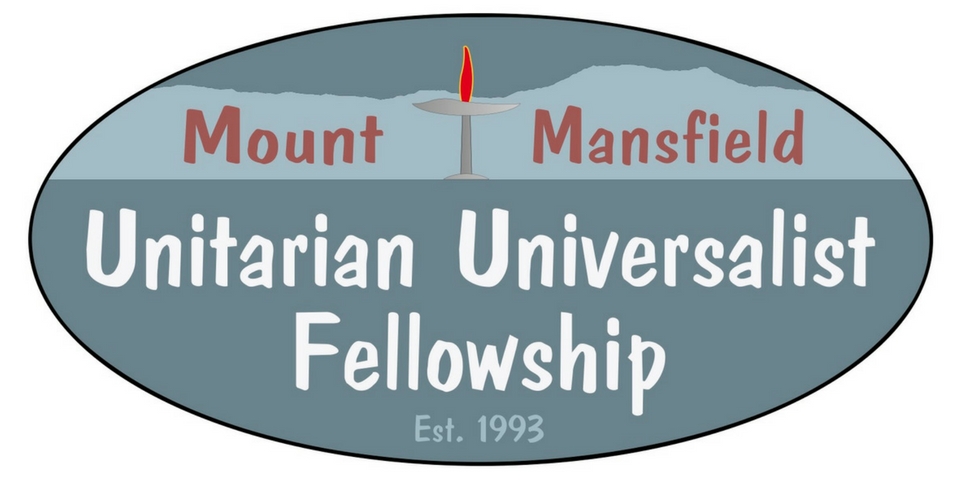Gene Roddenberry, a humanist, based the ideals of Star Trek on principles that reflect our Unitarian Universalist ideals and values. Since its beginning in 1966, it addressed problems of racism, poverty and violence, building on concepts of the inherent rights of all, and protection of the vulnerable. Roddenberry provided us with the vision and hope for the future and the potential of humanity. Come explore together and catch a dose of Roddenberry’s optimism for the future.
Lindamarie Hill is a Master Healer/ Instructor, who founded Trinity Point Holistic Center in 1998. She combines her expertise in life skills teaching and curriculum development and a background in Yoga, Qi Gong, meditation and healing prayer, with cutting edge training in many complementary and integrative medicine therapies. Lindamarie wrote a popular Mind/Body/Spirit column for the Plattsburgh Press Republican, and poetry, some of which became music lyrics. She has taught and worked internationally. The passions that drive her life are family, friends, community healing and building, the arts and caring for the Earth and each other.
